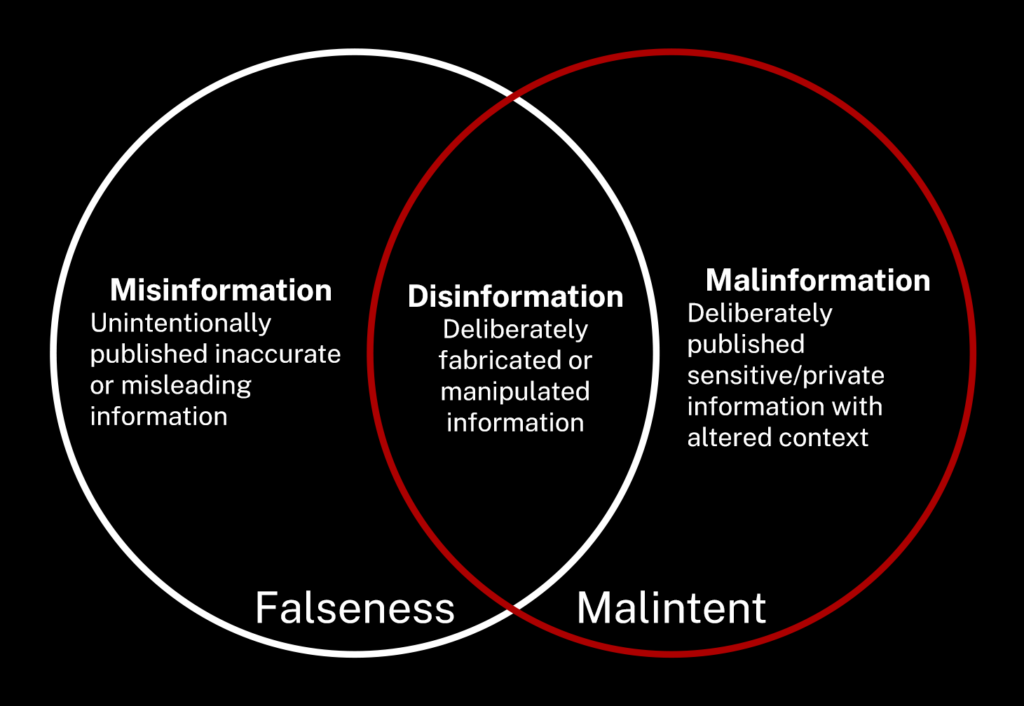
A year of building Social Value in practice
By the time December rolls around, it’s tempting to reduce a year to a handful of metrics. Numbers are neat. They give the impression of clarity. But anyone who works in Social Value knows the real story is rarely that simple.
This year, more than anything else, reminded us that Social Value is not delivered by platforms, policies or promises alone. It’s delivered by people.
By community organisations doing the essential work every day to hold communities together.
By businesses showing up with time, skills and resources.
By procurement teams trying to do the right thing under pressure.
This is a Match My Project 2025 Wrapped: a look back at what we built together in 2025. Not as a highlight reel, but as a reflection on what worked, what improved, and what we learned along the way.
The year in context
2025 was not an easy year for anyone working in the public or social sector. Budgets remained tight. Expectations around transparency and accountability continued to rise. Social Value requirements became more established, but not necessarily easier to deliver in practice.
What we saw across authorities, housing associations, suppliers and community partners was a shared challenge: moving Social Value from intent to action, and from action to evidence.
Our role in the ecosystem remained the same. To support practical collaboration between those groups, and to make Social Value delivery more visible, manageable and real.
What the year looked like, in numbers
Across the Match My Project community in 2025:
-
Almost 2,000 community organisations were active on the platform
-
More than 1,900 suppliers engaged in Social Value activity
-
Around 1,600 connections were made between businesses and community partners
-
646 community projects were supported or delivered
-
Businesses contributed approximately 9910 hours of time
-
An estimated £761,000 in funding, resources and in-kind support were unlocked
These numbers matter, but only because of what sits behind them. Each connection represents a conversation that might not otherwise have happened. Each project represents a local need being met in a tangible way.
Where we saw real progress
1. Stronger local networks
One of the most encouraging shifts this year was how local networks became stronger. In many areas, Social Value activity moved from one-off engagements to more sustained relationships.
We saw suppliers returning to support multiple projects, community organisations became more confident in articulating what support they needed and authorities developed clearer expectations and processes around delivery.
That sense of continuity made a real difference. It reduced friction. It built trust. And it allowed Social Value to feel less transactional and more embedded.
2. Better visibility for delivery teams
A recurring theme we heard from procurement and Social Value teams was the need for visibility. Not just at contract award stage, but throughout delivery.
This year, more teams used the platform to keep track of what was actually happening on the ground. That meant fewer spreadsheets, fewer follow-up emails, and more confidence when it came time to report internally or externally.
Importantly, this wasn’t about creating more admin. It was about making existing activity easier to see, understand and evidence.
3. Businesses showing up differently
We also noticed a shift in how businesses engaged. More suppliers moved beyond viewing Social Value as a compliance exercise and started treating it as a chance to contribute meaningfully in the places they operate.
That showed up in practical ways: skills-based volunteering rather than generic donations, longer-term commitments to community partners, and more thoughtful alignment between business capability and community need.
Those changes don’t happen overnight, but they do compound over time.
The people and organisations behind the work
None of this happens in isolation. This year’s progress was shaped by hundreds of organisations working together.
We saw particularly strong engagement from partners across housing associations and local authorities, including A2 Dominion, Birmingham City Council & Birmingham and Solihull ICS, Hackney Giving, Hyde Housing Association, MTVH, Onward Homes, Peabody, Royal Borough of Greenwich, Solihull, SNG (Sovereign Network Group), Stockport, and Wigan, alongside many others.
Equally important were the many community organisations who consistently showed up with clarity, openness and resilience, while navigating their own funding and capacity pressures.
Including Alder Trust, Birmingham PlayCare Network, The Children’s Storehouse, The Garden Classroom, Henry Fawcett Primary, Jimmy’s Cambridge, Migrant Help UK, The Rotary Club of Chichester Harbour, and Unity Support Network CIC, among many others.
And of course, the many suppliers who invested time, skills and resources well beyond what was contractually required.
Including but not limited to Alphatrack Systems, CLM Fireproofing, Greenmount Projects, Just Ask Estate Services Ltd, McConnell Group, Mulalley, Novus Property Solutions, and Pinnacle Group.
This work only functions because of that collective effort.
What we learned (and where we’re still improving)
2025 also made some things very clear.
- Timing matters. Not every organisation is ready to move at the same pace, and that’s okay. Social Value delivery needs to accommodate different starting points.
- Clarity beats complexity. The simpler the process, the more likely people are to engage meaningfully.
- Evidence should follow activity, not drive it. The best outcomes come from focusing on real needs first, then capturing the impact that follows.
We also know there’s more to do. Not every connection leads to a successful project. Not every authority has the internal capacity they’d like. Not every supplier feels confident navigating the space yet.
Acknowledging that, is part of doing this work honestly.
Looking ahead
As we move into 2026, our focus remains the same. Supporting practical, community-led Social Value delivery that has a real impact in local communities.
That means continuing to learn from partners, refining how we support different stages of the journey, staying grounded in what actually helps people do their jobs better. Because the ongoing challenge isn’t just delivering Social Value — it’s understanding what good Social Value actually looks like in practice.
If 2025 showed us anything, it’s that progress is possible when collaboration is treated as a shared responsibility rather than a box to tick.
Thank you to everyone who played a part this year. We’re proud of what we’ve built together, and grateful for the trust placed in us along the way.
Are you a business looking to make an impact and deliver on your Social Value commitments? Find out how you can support community projects in your area. Sign up here.
Want to see your organisation in our list of authorities? You can explore everything the platform offers with a free demo account here, or reach out to us at hello@matchmyproject.org



















